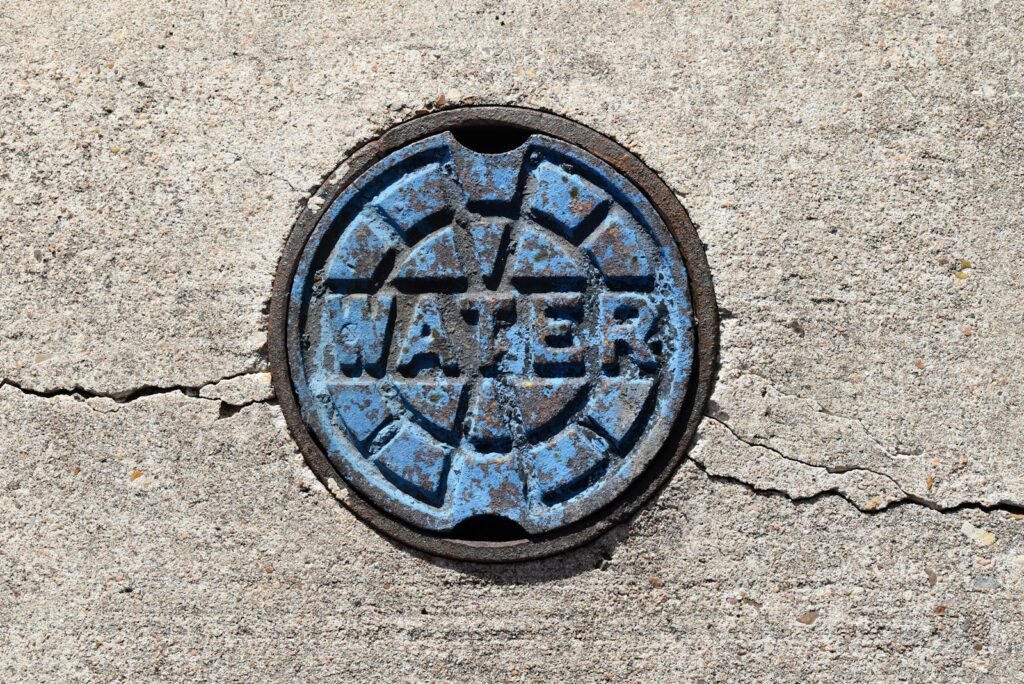It has been well over a year since the British people voted to leave the European Union and the construction industry is now witnessing changes in their sector. This uncertainty has begun to have real effects, with a fluctuating pound pushing up the cost of construction materials. Paul Cox of waste management experts and skip hire firm Reconomy looks at how the construction sector will be impacted
Authorities across the UK suspect that there will be up to an 8% loss in jobs within construction. Others are looking at unexpected growth last autumn as a sign that the industry won’t be harmed. A government review is currently in process, but nobody knows for certain what Brexit will mean for construction companies.
But whilst there is uncertainty, action must be taken to avoid any potential suffering from Brexit. There are things that developers can start to do to minimise the impact of a painful Brexit, or ensure that you’re positioned to capitalise on a positive Brexit.
Unlike some industries, you do not have to wait for the outcome of Brexit negotiations to head in the right direction and make changes that will be beneficial to your business. You can start looking for savings today, ensuring that you’re closer to being Brexit-proof no matter what happens.
1. Planning
One hundred million tonnes of materials are wasted by the construction industry each year. Forget about the landfill costs for a second – that’s material you’ve paid for that’s being wasted. You’ve already paid once, and now you’ll need to pay again to get rid of it.
Planning is essential to any business, and this is the only way you can look to improve your savings. If you stop over-ordering, you’re making a saving before you even start thinking about waste management. Take the extra time to plan out your storage, and you’ll lose even less expensive material to environmental damage.
2. Making the most out of your waste
Although you will be reducing waste by careful planning, there will be opportunity for you to re-use. There will always be something left over on-site, but that doesn’t mean it should be destined for landfill. If you’ve properly segregated your waste, you may well find that off-cuts are still in a useable condition for a different purpose.
Landfill fees can be daunting when you still have waste to get rid of – but this can be avoided. Trading your excess materials with companies that need them will keep your waste management costs down, and looking for opportunities for the material you need will keep purchasing costs in check too.
3. Benefitting from waste management
Bigger companies like to find bulk deals. That’s just the way the world works. But it can be used to your advantage. Choose a waste management company and you’ll benefit from the sort of cost efficiencies that only come from nationwide networks.
Organisations that are thinking ahead might already have their own plans in place to lighten the load of Brexit. Plans that will almost certainly include finding their own waste management savings and passing them on to businesses like yours…
4. Laws
As we leave the EU, the civil service will have to dig deep to look at European Union laws and how they will be impacting the UK – the obedience with laws of the construction industry will be looked at closely. Companies that fall foul of the rules are still going to suffer financial penalties that are harsh enough to offset the good work of all your waste management savings efforts.
Waste management companies will be able to help organisations keep up with the latest rules and regulations if they are unable to do so themselves.
To continue to excel once we leave the European Union, you need to be practical with savings now. Don’t wait for the ‘hard’ or ‘soft’ Brexit.
You will benefit from the amount of waste you reduce, partnering with companies, reducing company costs and staying up to date with any legislation put in place. And if the foundations of that firm footing include reused and recycled waste, then so much the better.
Takeaways:
- The Brexit vote has led to uncertainty within the construction industry – but there are practical steps that businesses can take today.
- As material prices rise, better planning can keep initial outlays down and generate savings on landfill costs.
- Re-using expensive materials will help businesses generate less waste and save money at the same time.
- Economies of scale will always work in your favour – which is why finding a national waste management partner is in your best interests.
- Uncertainty isn’t an excuse to lose sight of waste management legislation changes. Keeping abreast of the rules will prevent costly fines and fees.
Photo by usembassylondon
















